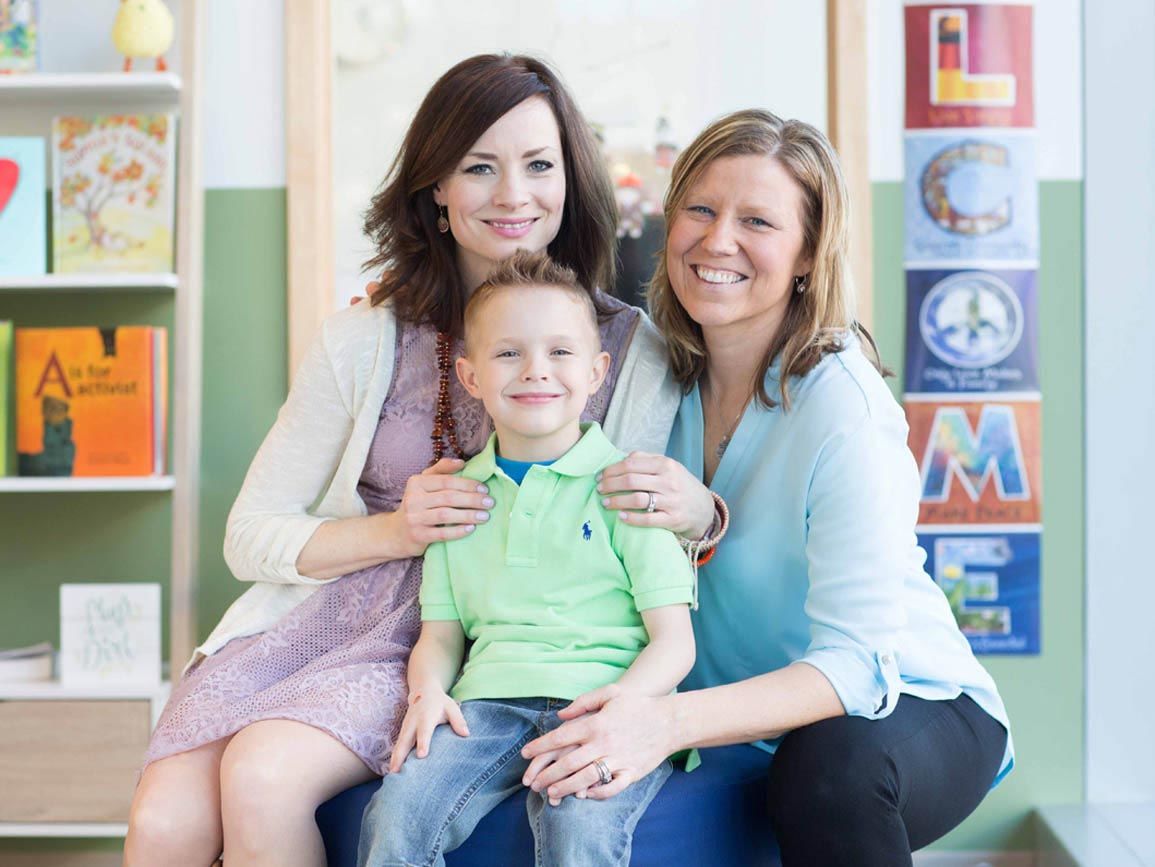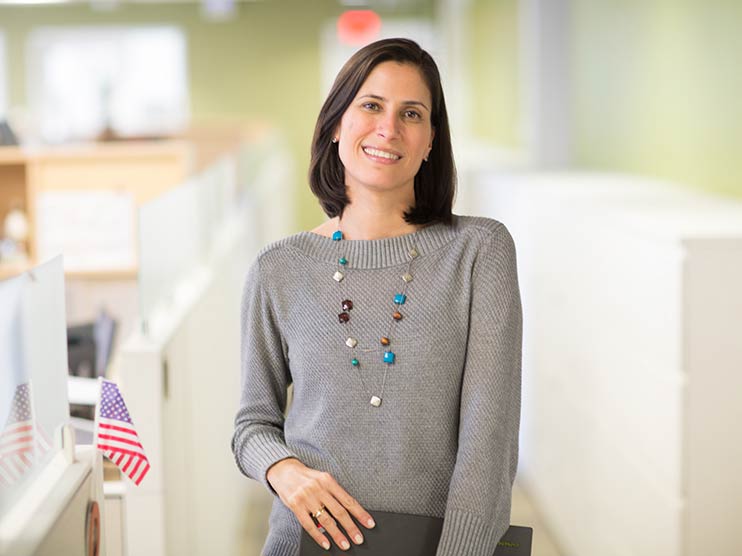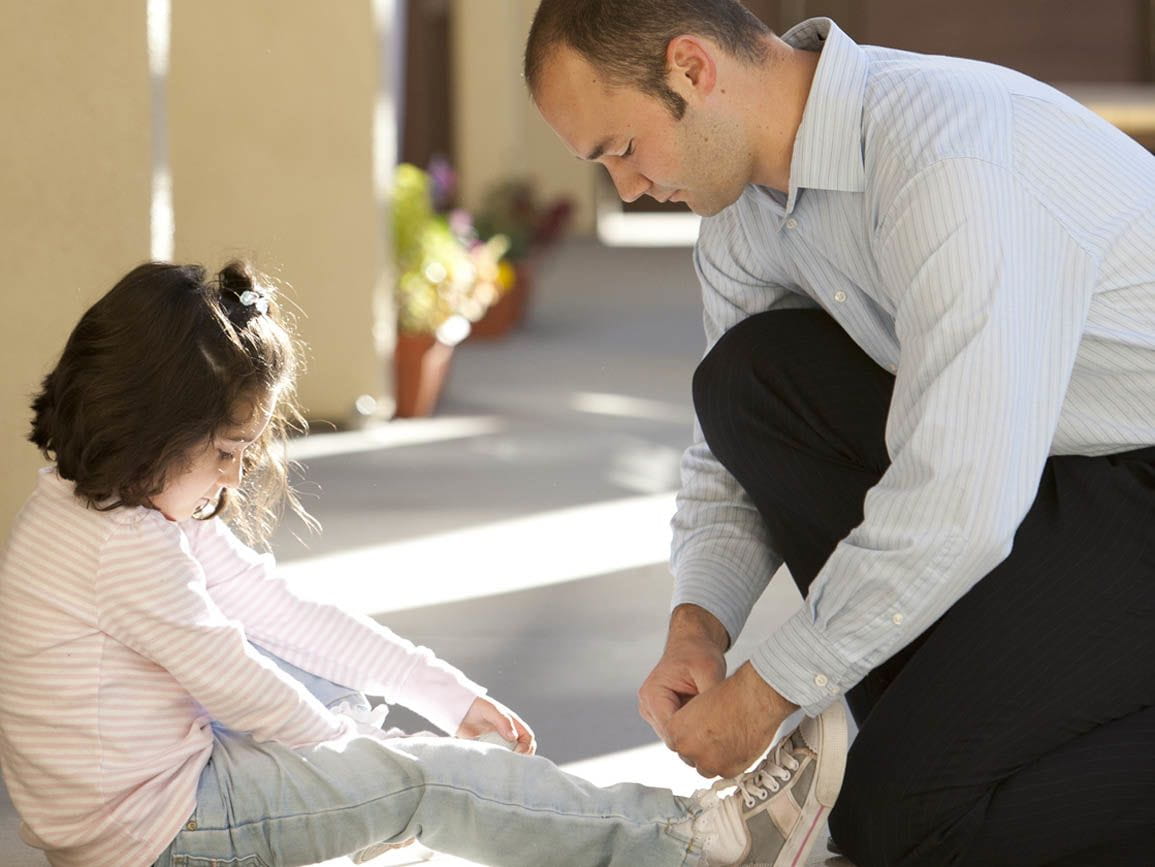Today’s families face an increasingly complex world. Work responsibilities, technology use, financial pressures, and other commitments often undermine home life. Yet every child and parent needs and deserves peaceful, restorative experiences together. A few steps can help you simplify your life—and your parenting routine—for more meaningful family interactions.
Getting Started with Simplicity Parenting
- Focus on what matters.
- Trust yourself.
- Declutter. Place value in experiences, not products.
- Enlist help, find mentors, and build friendships.
- Develop a rhythm.
How to Practice Simplicity Parenting
Use these parenting tips to adopt a simplified parenting philosophy:
Keep things in perspective. You’re late for work and your child dawdles. You’ve got a 7 a.m. meeting and your child won’t go to bed. What gives? Your child isn’t trying to push your buttons; it’s simply part of being a child. At work, it’s possible to be highly efficient and highly organized. When you cross something off your to-do list, you feel a great sense of accomplishment. Parenting a young child is a completely different paradigm. Children don’t necessarily understand schedules or productivity. Messes happen, schedules run amok. In other words, you don’t have control. Having a predictable schedule and giving clear directions can help, but ultimately, children will be children and there will be times when despite your best intentions, things unravel. What to do? Take a deep breath and focus on what matters most—your relationship with your child. Try to see things from his or her perspective.
Trust your intuition. Today’s families have access to more information on parenting than ever before. But be choosy about the voices you listen to. It’s easy to become overwhelmed and anxious in the face of so much “expert” advice and parenting peer pressure. Take what works and discard the rest.
Get rid of stuff. The physical environment of the home plays a large role in emotional well-being, according to Kim John Payne, counselor and author of Simplicity Parenting. By removing clutter and finding a place for everything, you’ll spend less time cleaning and organizing. Your home can be a sanctuary, rather than just one more source of stress.
Enlist help. Until recently, the job of raising children was one that extended families and communities shared. Previous generations of parents often had more familial support because they were less likely to relocate. Today, parents must make an intentional effort to find the support network they need, which might include biological family members, neighbors, and friends. Make connections through your child’s school or a religious or community group. Nurture these relationships. Give and embrace parent-to-parent support. Friends can play a vital role in parenting—offering advice, planning play dates, or sharing babysitting—when extended family isn’t available.
Create a family rhythm. Work-life overlap is almost inevitable these days, but try these suggestions to find a healthy balance. Carve out dedicated family time when you can really be present. Reduce media consumption. Find ways to slow down and destress as a family. No one solution will fit every need, but this might mean regular family dinners, walks to the park, Saturday morning breakfasts, or game nights—routines your family can look forward to. Cut back on social obligations and extracurricular activities, especially when children are young. Understand the power of play. What children really need, says early childhood expert David Elkind, are more opportunities for creative, open-ended play, particularly in nature.
Cultivate patience and understanding as you incorporate simplified parenting into your everyday life, remembering that childhood is brief. This shift in attitude can radically change your perception of how stressful parenting is. Raising children to be kind, caring, contributing adults is hard work – but it’s the most meaningful and ultimately rewarding work you’ll do.
More on Simplified Parenting
- Discover four ways you can find balance and reduce stress in your daily life.
- Get tips for editing your life as a working parent and prioritizing what truly matters.
- Learn how you can make modern family life easier to manage in this Family Matters podcast.





